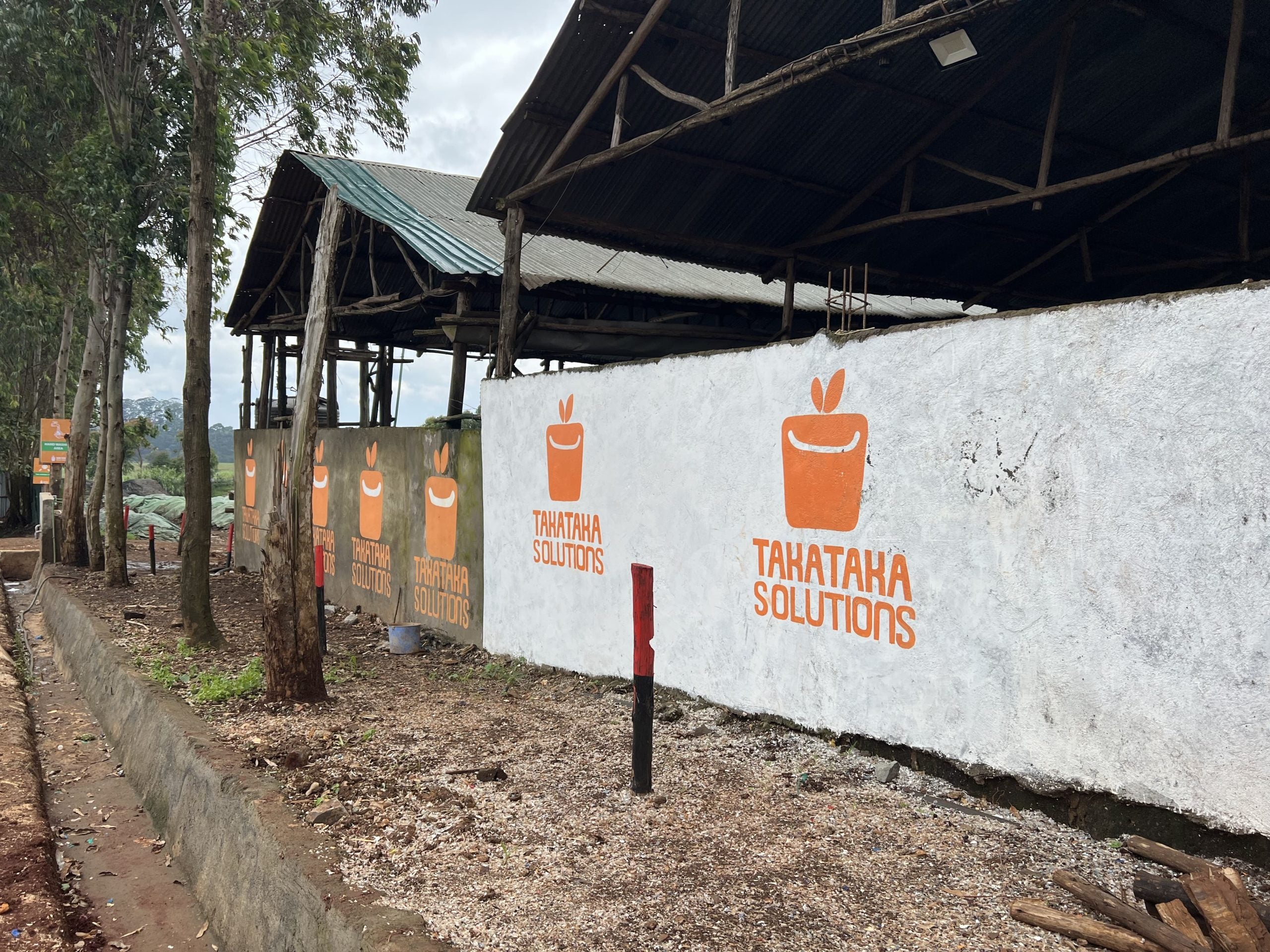
As the latest round of UN Global Plastics Treaty negotiations begins in Nairobi at the Intergovernmental Negotiating Committee (INC-3), industry, policymakers and NGOs are demanding transparent corporate targets on plastic pollution.
Consensus was gained on the need for corporate targets that are transparent, robust and actionable at an event in Nairobi hosted by the World Business Council for Sustainable Development (WBCSD), South Pole, EA Earth Action and TakaTaka Solutions.
The discussion was attended by the IFC-World Bank, World Economic Forum and UN delegates from Switzerland, Peru, Kenya and the US.
Investment and data can combat plastic pollution
Whilst a future UN treaty is likely to set parameters for plastic pollution mitigation at a state level, attendees set out to align on how corporate plastic targets can mirror those of governments and support local solutions such as waste management company TakaTaka Solutions.
Members of the Peruvian delegation to INC-3 emphasised the similarities between the South American nation and Kenya. Both nations need vital investment in circular infrastructure to scale capacity.
Kenyan director at the Ministry of Environment and Forestry Dr Ayub Macharia discussed how the private sector support for mandating an Extended Producer Responsibility scheme in the country was encouraging but stated the need for high quality data on plastic.

US Tariffs are shifting - will you react or anticipate?
Don’t let policy changes catch you off guard. Stay proactive with real-time data and expert analysis.
By GlobalDataWBCSD emphasised that global industry alignment on target setting and reporting of plastic data is currently lacking.
Data is needed to translate treaty targets into investment in circular infrastructure, especially on models that avoid the creation of waste. This was stated by the Plastic Footprint Network at the event.
Additional calls for action included mandatory disclosure being incorporated in the proposed treaty, centralising data from corporates and states by using the plastic footprint methodology.
Finally, it was agreed that the adoption of corporate plastic targets in a future treaty, that utilises policy tools such as EPR and mandatory disclosure, would help mitigate fears from corporations around accusations of greenwashing and provide clear targets for organisations to meet instead of piecemeal voluntary measures.
WBCSD director of products and materials Quentin Drewell commented: “The UN Global Plastics Treaty is likely to set parameters for national level plastic pollution mitigation. However, a framework for translating these goals to corporate targets is missing.
“The creation of ‘a plastics protocol’ - a global standard for plastic accounting - is critical for companies to manage performance and translate treaty targets into circular economy investment.”
Alongside INC-3, a packaging coalition was also formed to establish nature-based materials as a viable and mainstream means of replacing plastic.



